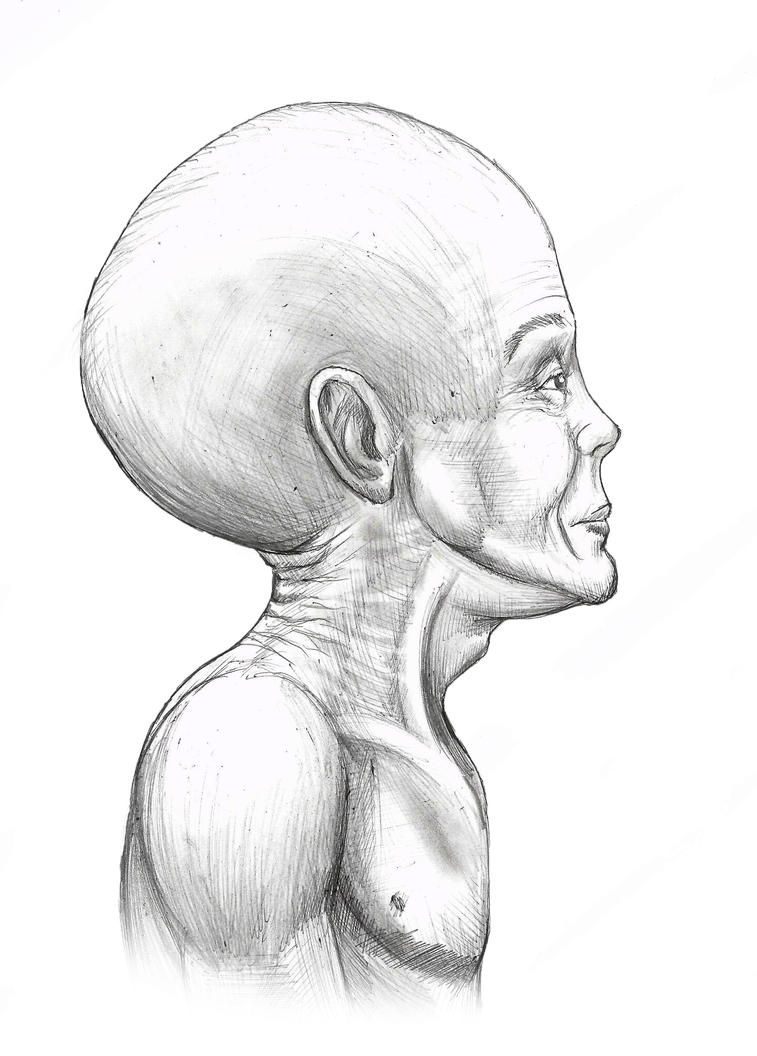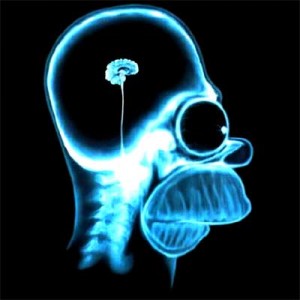The original study:
Anti-inflammatory properties of montelukast, a leukotriene receptor antagonist in patients with asthma and nasal polyposis.
BACKGROUND: Leukotrienes, especially LTC4, are important inflammatory mediators in allergic and nonallergic inflammation of the entire airways. Of particular interest are numerous theories regarding the pathogenesis of aspirin intolerance with subsequent hyperproduction of leukotrienes and inhibition of cyclooxygenase.
OBJECTIVE: To examine the influence of the cysteinyl-leukotriene receptor antagonist montelukast on clinical symptoms and inflammatory markers in nasal lavage fluid in patients with bronchial asthma and nasal polyps, and determine its dependency on aspirin sensitization.
METHODS: Twenty-four patients (7 women, 17 men; median age, 55.5 years) with nasal polyps and controlled asthma (n=12 with aspirin intolerance) were treated with 10 mg montelukast once daily for 6 weeks in a blinded, placebo-controlled fashion. The placebo phase was randomly assigned 4 weeks before (n=12) or after treatment (n=12). Symptom score, rhinoendoscopy, rhinomanometry, smears for eosinophils, and nasal lavages for the determination of different mediators were performed.
RESULTS: Compared to placebo, there were significant improvements in the nasal symptom score and airflow limitation as well as a reduction in the inflammatory mediators in nasal lavage fluid after treatment. Furthermore, reduced eosinophils in nasal smears and peripheral blood were observed 2 and 6 weeks after treatment.
CONCLUSION:
Leukotriene 1 receptor blockade led to a significant decrease in eosinophil inflammation accompanied by a reduction in other mediators such as neurokinin A and substance P in the nasal lavage fluid of patients with nasal polyps and asthma, with or without aspirin intolerance.
Structural and functional rejuvenation of the aged brain by an approved anti-asthmatic drug
As human life expectancy has improved rapidly in industrialized societies, age-related cognitive impairment presents an increasing challenge. Targeting histopathological processes that correlate with age-related cognitive declines, such as neuroinflammation, low levels of neurogenesis, disrupted blood–brain barrier and altered neuronal activity, might lead to structural and functional rejuvenation of the aged brain. Here we show that a 6-week treatment of young (4 months) and old (20 months) rats with montelukast, a marketed anti-asthmatic drug antagonizing leukotriene receptors, reduces neuroinflammation, elevates hippocampal neurogenesis and improves learning and memory in old animals. By using gene knockdown and knockout approaches, we demonstrate that the effect is mediated through inhibition of the GPR17 receptor. This work illustrates that inhibition of leukotriene receptor signalling might represent a safe and druggable target to restore cognitive functions in old individuals and paves the way for future clinical translation of leukotriene receptor inhibition for the treatment of dementias.
Inhibition of Leukotriene Receptors Boosts Neural Progenitor Proliferation
Neural stem and progenitor cells serve as a reservoir for new neurons in the adult brain throughout lifetime. One of the critical steps determining the net production of new neurons is neural progenitor proliferation, which needs to be tightly controlled. Since inflammation has detrimental effects on neurogenesis and the 5-lipoxygenase/leukotriene pathway is involved in inflammatory processes, we investigated the effects of leukotrienes and montelukast, a small molecule inhibitor of the leukotriene receptors CysLT(1)R and GPR17, on neural stem and progenitor cell proliferation. We demonstrate expression of the leukotriene receptor GPR17 by neural progenitors and by neural stem cells. Stimulation with excess amounts of leukotrienes did not affect progenitor proliferation, whereas blockade of GPR17 with montelukast strongly elevated neural stem and progenitor proliferation, while maintaining their differentiation fate and potential. This effect was associated with increased ERK1/2 phosphorylation suggesting an involvement of the EGF signaling cascade. Based on our results, montelukast and the inhibition of the 5-LOX pathway might be potent candidates for future therapies employing neurogenesis to promote structural and functional improvement in neurodegeneration, neuropsychiatric disease and ageing.
Montelukast, a cysteinyl leukotriene receptor-1 antagonist protects against hippocampal injury induced by transient global cerebral ischemia and reperfusion in rats.
Cysteinyl leukotrienes (CysLTs) are potent pro-inflammatory and immune modulating lipid mediators involved in inflammatory diseases and were boosted in human brain after acute phase of cerebral ischemia. The antagonism of CysLTs receptors may offer protection against ischemic damage. Therefore it seemed interesting to study the possible neuroprotective effect of Montelukast, a CysLTR1 antagonist in global cerebral ischemia/reperfusion (IR) injury in rats. Global cerebral ischemia-reperfusion was induced by bilateral carotid artery occlusion for 15 min followed by 60 min reperfusion period. Animals were randomly allocated into three groups (n = 30 per group): Sham operated, I/R control and rats treated with montelukast (0.5 mg/kg, po) daily for 7 days then I/R was induced 1 h after the last dose of montelukast. After reperfusion rats were killed by decapitation, brains were removed and both hippocampi separated and the following biochemical parameters were estimated; lactate dehydrogenase activity, oxidative stress markers (lipid peroxides, nitric oxide and reduced glutathione), inflammatory markers (myeloperoxidase, tumor necrosis factor-alpha, nuclear factor kappa-B, interleukin-6 and interleukin-10), apoptotic biomarkers (caspase 3 and cytochrome C), neurotransmitters (glutamate, gamma aminobutyric acid), Cys-LTs contents and CysLT1 receptor expression; as well as total brain infarct size and histopathological examination of the hippocampus were assessed. Montelukast protected hippocampal tissue by reducing oxidative stress, inflammatory and apoptotic markers. Furthermore, it reduced glutamate and lactate dehydrogenase activity as well as infarct size elevated by I/R. These results were consistent with the histopathological findings. Montelukast showed a neuroprotective effects through antioxidant, anti-inflammatory and antiapoptotic mechanisms.
Somatostatin inhibition of hippocampal CA1 pyramidal neurons: mediation by arachidonic acid and its metabolites
We used electrophysiological methods in a slice preparation to study the mechanisms of somatostatin (SS) effects on hippocampal pyramidal neurons. SS hyperpolarizes hippocampal pyramidal neurons in part by augmenting the time- and voltage-dependent M-current (IM), which has been shown to be reduced by muscarinic agonists. The SS effects are abolished by the phospholipase A2 inhibitors 4-bromophenacyl bromide and quinacrine. Arachidonic acid (AA) mimics all the effects of SS on hippocampal pyramidal neurons. The effects of AA and SS on IM are blocked by the lipoxygenase inhibitor nordihydroguaiaretic acid but not by the cyclooxygenase inhibitor indomethacin. Prostaglandins E2, F2 alpha, and I2 do not increase IM. However, the specific 5-lipoxygenase inhibitors 5,6-methanoleukotriene A4 methylester and 5,6- dehydroarachidonic acid both blocked the IM-augmenting action of either SS or AA. Leukotriene C4 (but not leukotriene B4) increases IM to the same extent as AA. IM was not altered by the 12-lipoxygenase product 12- hydroperoxyeicosatetraenoic acid, and SS effects were not altered by the 12-lipoxygenase inhibitor baicalein. These data implicate 5- lipoxygenase metabolite(s) (probably leukotriene C4) as a mediator for the IM-augmenting effect of SS. In addition, when the IM effect is blocked by lipoxygenase inhibitors, both SS and AA elicit another outward current that is not blocked by either lipoxygenase or cyclooxygenase inhibitors, suggesting a direct role of AA itself distinct from the IM effect. SS did not alter significantly Ca(2+)- dependent action potentials or, in whole-cell recordings, inward currents likely to represent high-threshold Ca2+ currents. The combined results of these studies suggest that SS hyperpolarizes hippocampal neurons by two mechanisms, both mediated through the AA system. However, one mechanism (IM) involves a metabolite of AA and is most effective at slightly depolarized potentials, whereas the other may involve AA itself and be more effective at membrane potentials near rest.































































